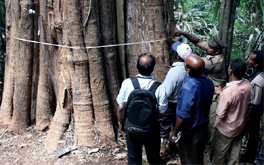Institutionalising SDG localization in multi-level governance settings: lessons from India
India has made a policy choice to prioritize the institutionalization of the SDGs, not to look at sustainable development as a standalone or parallel framework but to make them an integral part of the

